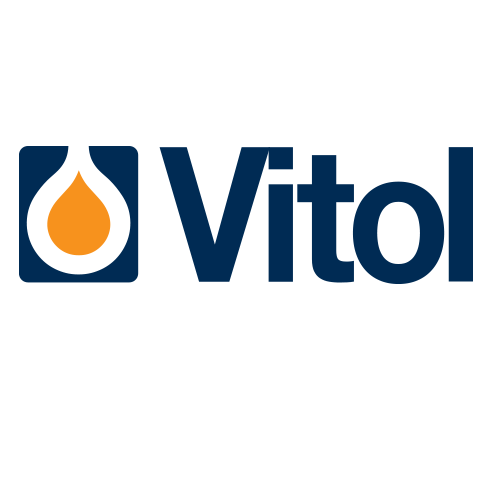Vitol Targets Asia Biofuel Growth with Specialist Bunker Barges
 Vitol is strengthening its position in Asia’s expanding biofuel market, with the delivery of specialized bunker barges to Singapore in 2024.
Vitol is strengthening its position in Asia’s expanding biofuel market, with the delivery of specialized bunker barges to Singapore in 2024.
From early next year, Vitol, through its wholly-owned subsidiaries V-Bunkers and Vitol Bunkers, will be able to offer a range of biofuel blends, from B24, B30 and even up to B100 if customers request it.
Currently, all vessels delivering bunker fuel in Singapore are oil tankers. These are permitted to only supply a fuel blended with biofuel up to 25% concentration. Any greater and International Maritime Organization (“IMO”) regulations stipulate an “IMO Type 2 chemical tanker” ship is required.
The first IMO-Type 2 barge ordered by V-Bunkers will be delivered in January, to be followed by several more throughout 2024. Depending on demand, these vessels could also be upgraded to supply methanol. Bio and e-methanol are also significant pathways for the industry to achieve decarbonization and there have been a number of specialist dual-fuel methanol powered vessels on order for delivery starting from next year.
Though at a nascent stage, demand for biofuel is expected to grow significantly in the coming years, as the shipping industry looks at ways to decarbonize and curb emissions.
“The delivery of specialist barges is an exciting development for Vitol and its sustainability offerings in Asia,” said Mike Muller, head of Vitol Asia. “As the shipping industry steps up its pursuit of decarbonization solutions, barges that can deliver bunker fuel with a much higher concentration of biofuels represents a material step in the right direction.”
Shipping is considered a hard to abate sector, with no single technology or solution expected to solve the emissions problem. Rather, it will be a range of solutions to aid decarbonization, with a switch to less-polluting fuels a notable option. Biofuels, which can be in the form of methane, methanol or fuel oil / gas oil blends, are seen as a convenient way for shipping companies to reduce their carbon emissions due to their ability to be used as a ‘drop-in fuel’.
It is this flexibility that lends itself to the shipping industry. In Singapore, volumes of B24 biofuel have increased, with sales of more than 50kt in August, according to the Maritime and Port Authority of Singapore. Year-to-date sales are already more than double those in 2022.
This trend is expected to continue into 2024, particularly with the International Maritime Organization’s interim guidelines on biofuels that became effective October 1, 2023. These stipulate that certified biofuel will be able to reduce a vessel’s Carbon Intensity Indicator due to its near zero carbon factor on a well-to-wake basis.
Vitol is a leader in the energy sector with a presence across the spectrum: from oil through to power, renewables and carbon. It trades 7.4 million barrels per day of crude oil and products, and charters circa 6,000 sea voyages every year. Founded in Rotterdam in 1966, today Vitol serves clients from some 40 offices worldwide and is invested in energy assets globally including: 17 m m3 of storage globally, circa 500 k b/d of refining capacity, over 7,000 service stations and a growing portfolio of transitional and renewable energy assets.
